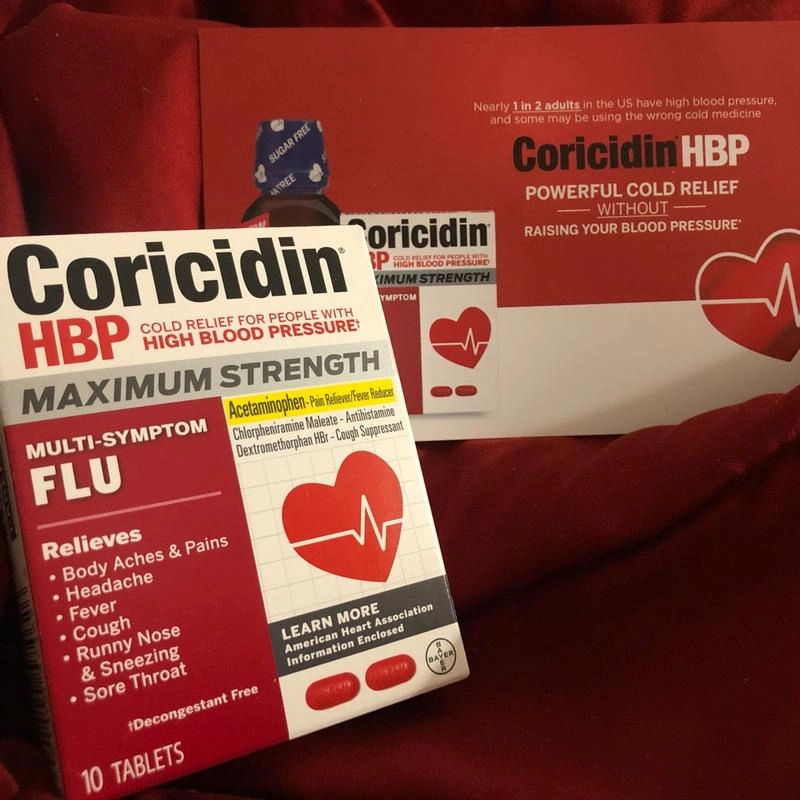Holistic health practitioners employ a wide variety of wellness techniques to assist patients achieve complete body health goals, especially honing in on the mind-body link.

Holistic health concerns care for the whole body and provide for your physical, mental, spiritual, and social needs. It’s fixed in the acceptance that all these aspects affect your overall health, and being ill in one part can affect you in others.
It is an approach to wellness that at the same time addresses the physical, mental, emotional, social, and spiritual components of health.
As a field of training, holistic medicine draws from many disciplines, religions, and cultures to heal people, communities, and even the environment.
Healthcare Practice that is Considered to Be Holistic
At hand are many practices that could be well thought-out holistic, nevertheless, it is believed more about the approach of the practitioner, their consideration of holism, and how they communicate with their patients.
Typical medical health professionals could consider making their practice additional holistic by listening to and taking account of the patient’s narrative, and by discussing the standard of living or social prescribing.
They might also put to consideration referring to other options or complementary therapists, or perhaps they put together these into their training.
Some practitioners of alternative therapies could probably by now consider themselves holistic practitioners. However, the question is are they controlling to empower their patients?
Where to See Holistic Doctor

In finding a holistic doctor, you can ask online or through your friends and family members for recommendations. They know you and what you’re expecting in a holistic doctor.
You may also want to check for recommendations on social media platforms such as Facebook, Instagram, and WhatsApp, but always do your research. In addition, your current healthcare provider may be able to suggest options for you.
Secrets of Choosing a Holistic Health Practitioner
When choosing a holistic health practitioner, here are some top secrets you need to know:
1. Holistic Health Practitioner Should Understand Your Health
There is a variety of holistic health practitioners, but not every one of them will be able to provide the kind of services you need.
Your health goals are unique. So you need a practitioner who can help you achieve these goals. Instead of making assumptions, you should talk to the practitioner directly to find out whether he/she is suitable for you – or not.
2. Experience Plays an Important Role
The holistic practitioner that you select should have formal training with some years of experience. The best practitioner is always open to answering questions concerning his education and experience.
However, if you find someone reluctant to share those details, then it is a clear indicator not to proceed.
3. The Fundamental of the Holistic Health Practitioner
A holistic health practitioner could give you the best picture of the kind of services that you can expect to receive.
The extent to which the consultant embraces the holistic health philosophy in his or her own life is evidence of his belief in this whole-person concept of alternative health solutions.
4. The Treatment Plan
Treatment as an individual plan can only be decided once you’ve chosen a holistic practitioner, however, you can ask the holistic health practitioner for the optimal standards that he follows during the treatment process.
If you find the plan suitable for your needs, then you can go forward with selecting the health practitioner.
5. The Cost of the Service
A large number of holistic treatments are not protected by any indemnity; therefore you need to clarify all these costs in advance.
Nevertheless, make sure there are no hidden or extra charges that you will need to pay. This will help you estimate the cost of treatment.
Bottom Line
Holistic doctors consider your body, mind, and soul as a whole. They focus on the underlying cause of your condition.
They are certified doctors and can assist you in taking care of your individual health needs and support you in achieving your health goals.
They also help in communicating and collaborating with your existing care providers and always practice evidence-based medicine.






